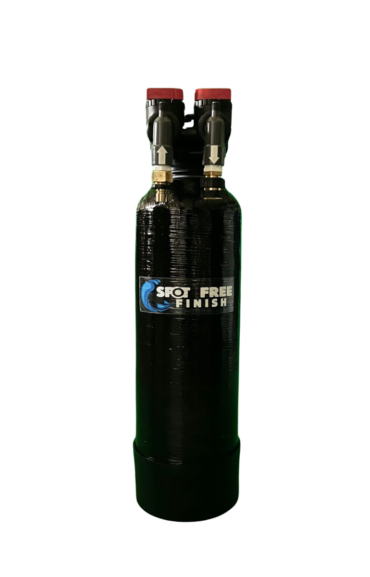In various industries and laboratories, the purity of water is crucial. One of the most effective methods to achieve high purity is through a deionized water system. But what exactly is deionized water, and how does a deionized water system work? This article explores the fundamentals of Deionized Water System, their importance, and their applications.
What is Deionized Water?
Deionized (DI) water is water that has had its ions removed. Ions are electrically charged particles found in water, typically derived from dissolved salts and minerals such as sodium, calcium, and chloride. These ions can interfere with various industrial processes and laboratory experiments, so removing them is crucial.
How Deionized Water Systems Work
A deionized water system operates by passing water through a series of ion-exchange resins that remove these charged particles. The process involves two main types of resins: cation-exchange and anion-exchange.
Cation-Exchange Resins: These resins replace positively charged ions (cations) like calcium and sodium with hydrogen ions (H+). When water passes through this resin, cations are exchanged for hydrogen ions, which are less likely to interfere with most processes.
Anion-Exchange Resins: These resins replace negatively charged ions (anions) such as chloride and sulfate with hydroxide ions (OH-). The resulting combination of hydrogen and hydroxide ions forms pure water.
The water treated by these resins is essentially free of dissolved ions, making it highly pure.
Types of Deionized Water Systems
Deionized water systems come in various forms, tailored to specific needs:
Single-Bed Systems: These are simpler systems using only one type of ion-exchange resin. They are often used for less demanding applications where complete ion removal is not as critical.
Mixed-Bed Systems: These systems combine cation and anion resins in a single vessel. The mixed-bed approach is more efficient and produces higher-purity water compared to single-bed systems.
Two-Bed Systems: These consist of separate vessels for cation and anion resins. Although they require more space and maintenance, they can be more effective in handling larger volumes of water and are easier to regenerate.
Applications of Deionized Water
Deionized water is essential in various fields due to its high purity:
Laboratories: In scientific research, impurities in water can alter experimental results. Deionized water ensures that experiments are conducted under controlled conditions, free from contaminants that could skew data.
Pharmaceuticals: The pharmaceutical industry requires highly purified water for the manufacturing of medications. Deionized water helps maintain the integrity and effectiveness of pharmaceutical products.
Electronics: In the electronics industry, deionized water is used in the cleaning and rinsing of sensitive electronic components. Any residues or impurities can affect the performance and reliability of electronic devices.
Industrial Processes: Many industrial processes, such as cooling systems and high-precision manufacturing, demand deionized water to prevent scaling and corrosion, which can affect machinery and reduce efficiency.
Cosmetics: The cosmetic industry uses deionized water to ensure that products are free from impurities that could affect their quality and stability.
Maintenance and Cost
While Deionized Water Machine are highly effective, they require regular maintenance. The ion-exchange resins eventually become exhausted and need to be regenerated or replaced. This can be a significant operational cost, depending on the system size and the volume of water processed.






Comments